A former Burmese businessman appeared before a B.C. Securities Commission tribunal on Monday to face allegations of illegal insider trading.BCSC enforcement staff alleges that Michael Kyaw Myint Hua Hu, who now lives in Surrey, bought nearly $900,000 worth of shares of Maple Leaf Reforestation Inc. in 2007 on the basis of information that had not been generally disclosed to the public.
Maple Leaf is a Calgary-based company whose shares trade on the TSX Venture Exchange. At the time of the alleged offences, Hu served as the company’s chairman.BCSC enforcement lawyer Derek Chapman, who is acting as co-counsel with Joyce Johner, told the hearing panel that evidence would show that:
• Hu met a woman named Lin Ping Tian through a Vancouver dating agency in 2006. Tian set up a CIBC online trading account, then gave Hu her password so that he could buy Maple Leaf shares for her.
• Hu told her the share price would increase and she would make money. For his efforts, Hu would take 10 per cent of the profits.• Hu, meanwhile, was helping Maple Leaf develop a memorandum of understanding to establish a biodiesel plant in China.• On Sept. 22, 2007, Hu sent an email to Maple Leaf president Raymond Lai: “Ask Chen Zhen give you the MOU to review it. Translate it, then make news. I will take the stock to $2 to get cash and pp [private placement] financing.”
• From Sept. 21 to Oct. 12, 2007, a total of 877,800 shares were purchased in Tian’s online trading account.
• The shares were purchased through computers with two different IP addresses, one registered in Hu’s name at his Surrey address, and the other in Maple Leaf’s name at its office address in downtown Vancouver.
• The shares were purchased for an average price of $1. By the end of the trading period, the share price had risen to $1.30
• On Oct. 16, 2007, Maple Leaf announced the MOU and heralded it as a “new milestone” in the company’s development. When trading resumed that day, the stock jumped to $1.60 on heavy volume.
• Although the share price rose, as Hu had predicted, it declined before Tian sold any shares. As a result, she ended up losing a “substantial amount of money.”
Chapman said evidence would also show that, when Hu was interviewed by investigators under oath, he lied when he told them that he did not know Tian.
Chapman did not cite any evidence to show that Hu sold any of the shares in question, either in this account or any other account.
Hu’s lawyers, Sean Boyle and Alexandra Luchenko, are expected to argue that the evidence is circumstantial, that there is no evidence to directly link their client to the trades in question.Hu is a controversial figure quite aside from his stock dealings. Several publications have linked him to drug trafficking and money laundering activities in Burma during the 1990s.Jane’s Intelligence Review reported in November 1998 that Hu claimed to be a deputy minister of finance of the United Wa State Army.
This was an insurgent group that was fighting against the Burmese Communist party. The U.S. State Department described it as the world’s largest armed narcotics trafficking organization.AsiaWeek magazine reported that the United Wa State Army set up a firm called Kyone Yeom Group, with Hu as group chairman. The magazine said the firm was used to launder drug proceeds.
During an interview in February 2009, Hu told me these allegations were false. He denied he has been involved in any illicit drug dealings.
On the contrary, he said he worked as a consultant for the U.S. Drug Enforcement Agency, and the DEA helped him obtain political asylum in the United States in 2000.





















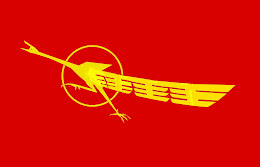





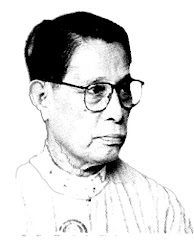



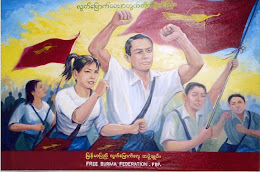





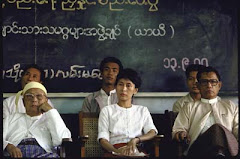

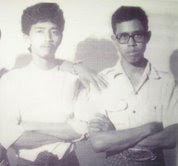

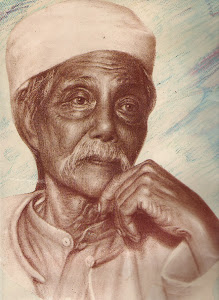
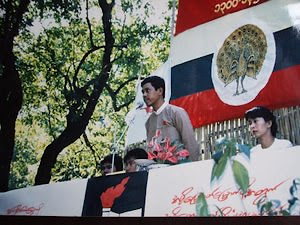
No comments :
Post a Comment